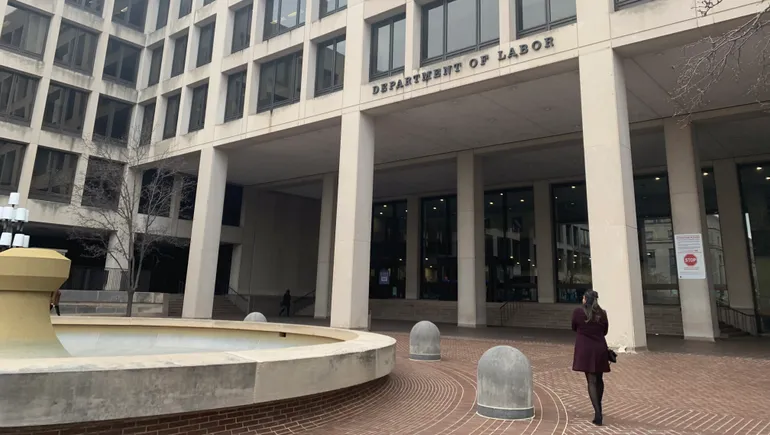This year’s General Election in Kenya, lauded by international observers as largely peaceful and “above average”, had the lowest voter turnout in 15 years.
Some 65 percent of the 22.12 million registered voters turned up to cast their ballots.
The drop in numbers was blamed on lack of voter education, low interest by the youth, reduced trust and confidence in the political system, poverty and youth unemployment.
More than 13 million Kenyans cast their votes in 46,229 polling stations, with the Central region, which has the highest population, recording the lowest turnout.
Jakaya Kikwete, former president of Tanzania who led the EAC observer mission, said the low turnout was worrying for Kenya whose electoral processes were largely transparent compared with other African countries.
“You expect in every election to have a better voter turnout. So if the voter turnout is lower than in the past elections, then it is a matter of concern,” said Mr Kikwete.
“We were concerned about the low registration of younger voters. We were expecting six million new registered voters but only three million turned up. Probably there are concerns among the youth that participating in elections is not worthwhile. The issues need to be identified and proper measures taken to make sure that there is more interest in young people to participate in the election process,” he added.
Lack of confidence
Former Sierra Leone president Ernest Bai Koroma, who led the African Union and Comesa observer team, also blamed the low turnout on the youth and lack of confidence in the political process.
“Only 39.84 percent (8.8 million) of the total registered voters were youth, a decline of 5.17 percent from the 2017 figures,” said Mr Koroma.
“Stakeholders consulted by the mission attributed the low youth participation to the general conception that the votes do not count in elections, lack of trust and confidence in the political system, youth unemployment and poverty,” he added.
Kenyan governance expert Henry Maina blames insufficient voter education and failure by politicians to fulfil promises made to the electorate.
“People do not think democracy is working for them, what scholars call democracy deficit,” said Mr Maina. “You think that the people you elect go ahead and do what they want, not what you want. Even though there were many candidates, they are all cut from the same cloth. That means I don’t have a choice and therefore I will stay away.”
However, Mr Maina says that in the absence of scientific research, we may never know why there was a low turnout.
“We might just have been overrating ourselves previously because the figures were inflated. Perhaps this is the first time the real figures have come out,” he said.
The AU said a delay in releasing funds to the IEBC by the Treasury was also to blame for poor voter registration six months to the polls.




















Discussion about this post